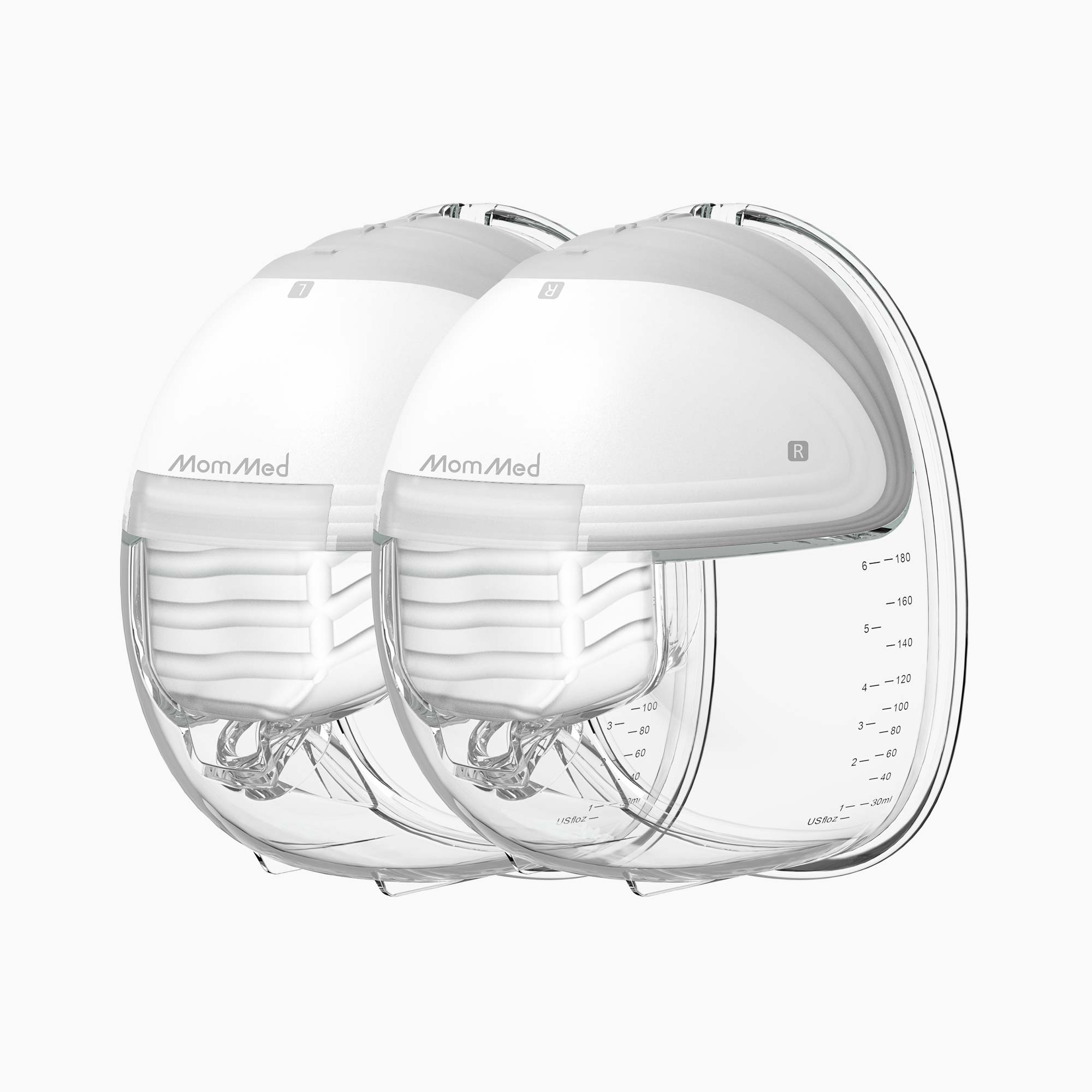What are the common allergic diseases during pregnancy?
Asthma is one of the most serious allergic diseases facing pregnant women.It is often manifested as symptoms such as pneumaticness, asthma, chest tightness, or cough, and the worsening of pregnant women generally occurs in the middle of pregnancy.Studies have shown that because of concerns about affecting fetuses, 29%of asthma pregnant women stopped asthma, causing asthma symptoms to be controlled.Unprooping asthma during pregnancy may lead to premature birth, decreased fetal weight, and limited fetal growth.These factors may become a risk factor for the next generation of asthma.Therefore, asthma patients should control the symptoms of asthma as soon as possible during pregnancy and pregnancy.
Allergic rhinitis is also a common disease during pregnancy. Inhalation of allergens and hormone levels are important factors that induce allergic rhinitis, often leading to symptoms such as sneezing, runny nose, nasal congestion, and nasal itching.In addition, urticaria or allergic dermatitis is also very common during pregnancy. Some pregnant women may also experience itching, mainly in the lower abdomen or the upper thighs, and the symptoms may disappear after childbirth.
Will allergies worsen during pregnancy?
Women will fluctuate significantly in the level of hormones during menstruation, during pregnancy, and postmenopausal body, and allergies will change accordingly.During pregnancy, the hormone level and the changes in the body’s environment in pregnant women are particularly severe, which also makes the return of allergic diseases more complicated.The survey shows that about 1/3 of pregnant women’s allergic symptoms are worse than before pregnancy, and the symptoms of 1/3 of pregnant women have improved, while the other 1/3 has not changed much.
Can I use medicine during pregnancy?
First of all, pregnant women should try to do personal protection as much as possible to avoid allergens and irritating environments that can easily induce symptoms, such as dust mites, mold, animal fur, severe hot and cold air, oil fume, paint, and so on.Pregnant women with allergic rhinitis can also use physical therapy and other physical therapies such as saline to relieve symptoms and reduce allergic reactions.In addition, desensitization treatment is generally not recommended during pregnancy.
At present, in accordance with the classification method of drug safety levels during pregnancy during pregnancy, the drug is divided into five categories shown in the figure below according to the danger of drugs to fetuses.Among the allergic drugs, antihistamine drugs are the most commonly used.Among them, the second -generation antihistamine, dectidine, and Sidalizine are all type B drugs, which are relatively safe.Monte Sodin sodium and Budi Nide powder inhabitants who control allergic rhinitis and asthma are also categories B.
However, no drug is absolutely safe, and pregnant women may refuse to use medication because they are worried about adverse reactions.However, if the disease cannot be controlled, it may have greater risk to the fetus.Therefore, pregnant women with allergies need to weigh the advantages and disadvantages in combination with basic diseases, pregnancy, and current symptoms, comprehensively consider whether to use medication and the type of medication.
Current research shows that environmental and diet and other factors have a certain relationship with the occurrence of allergic diseases.Therefore, some nutritional elements such as vitamin D, vitamin C, vitamin E, and vitamin E, which are supplemented by pregnant women’s diets, and nutritional elements rich in fish-3 fatty acids can prevent the occurrence of allergic diseases in offspring.Only vitamin D is proven to reduce the risk of asthma in offspring by about 30 %, but the therapeutic dose in the test fluctuates greatly, higher than the recommended dose of most countries.Therefore, it is still unknown whether normal dose supplementation of vitamin D to prevent allergic diseases.
Therefore, there is no authoritative dietary recommendation at this stage to reduce the risk of allergies by replenishing nutrients during pregnancy.Perhaps by carefully analyzing the benefits of each pregnant woman to different foods, and summing up key personalized characteristics, providing accurate nutritional advice for different individuals and allergic diseases is the key to answering this question in the future.
In
